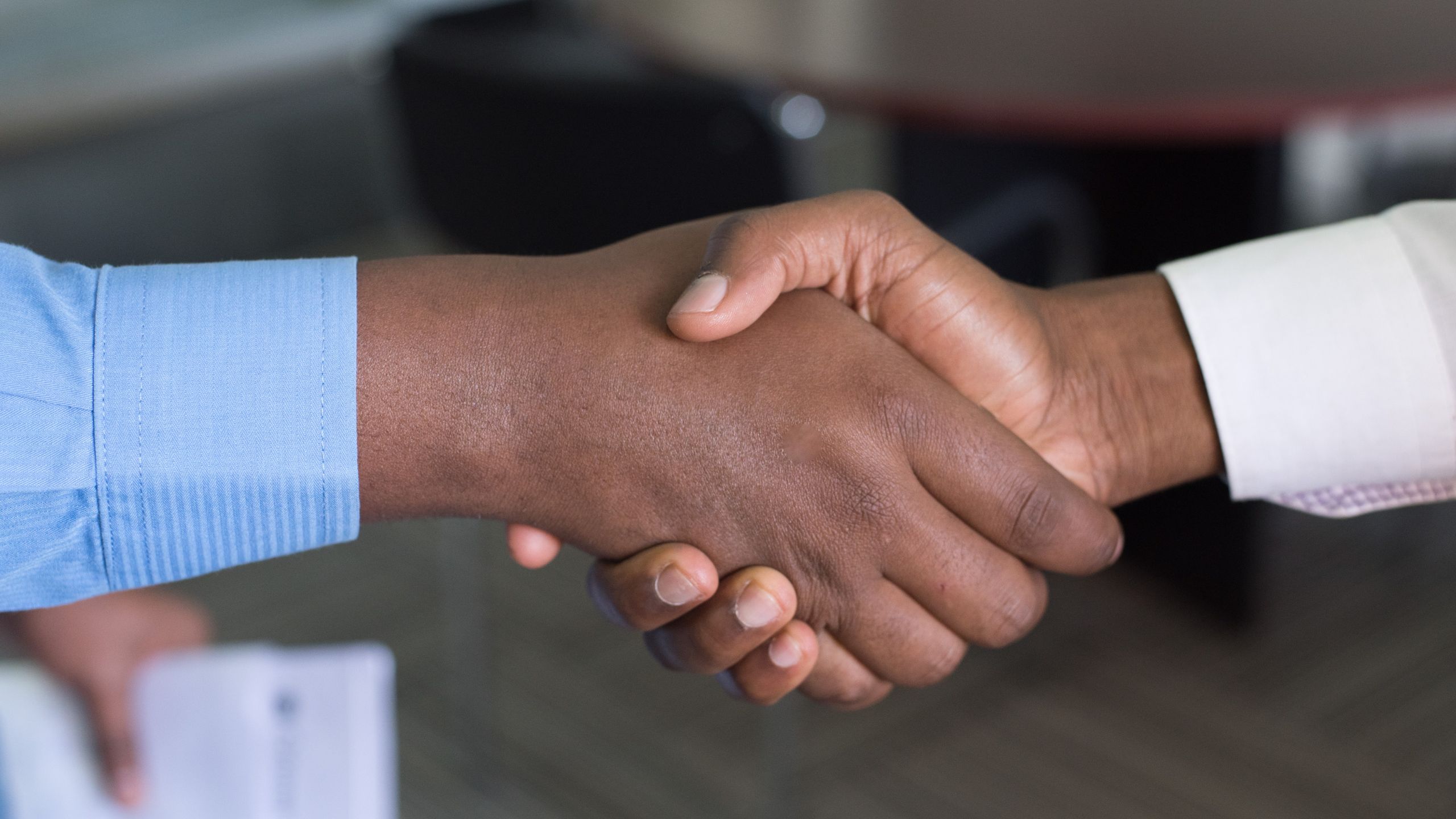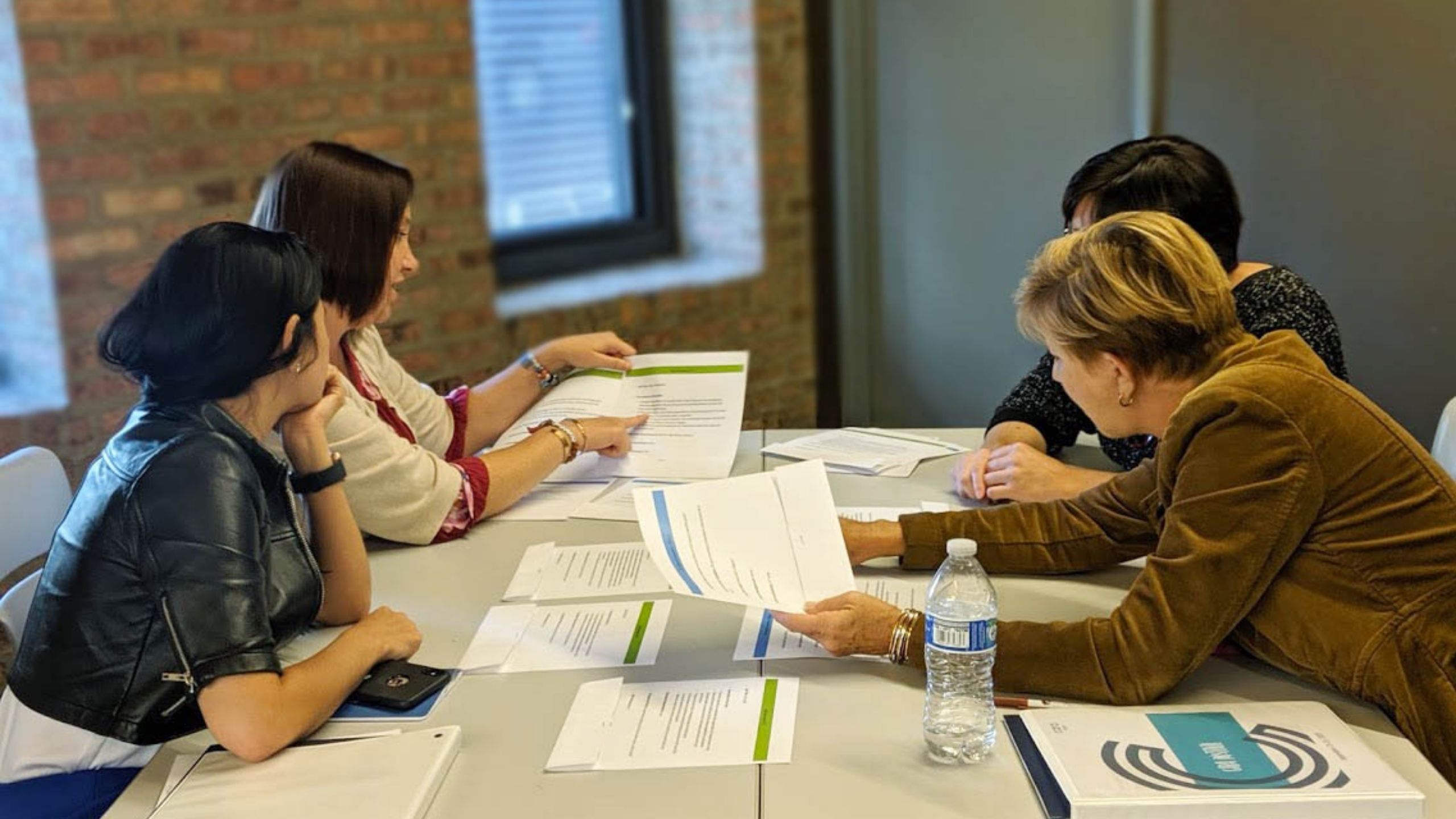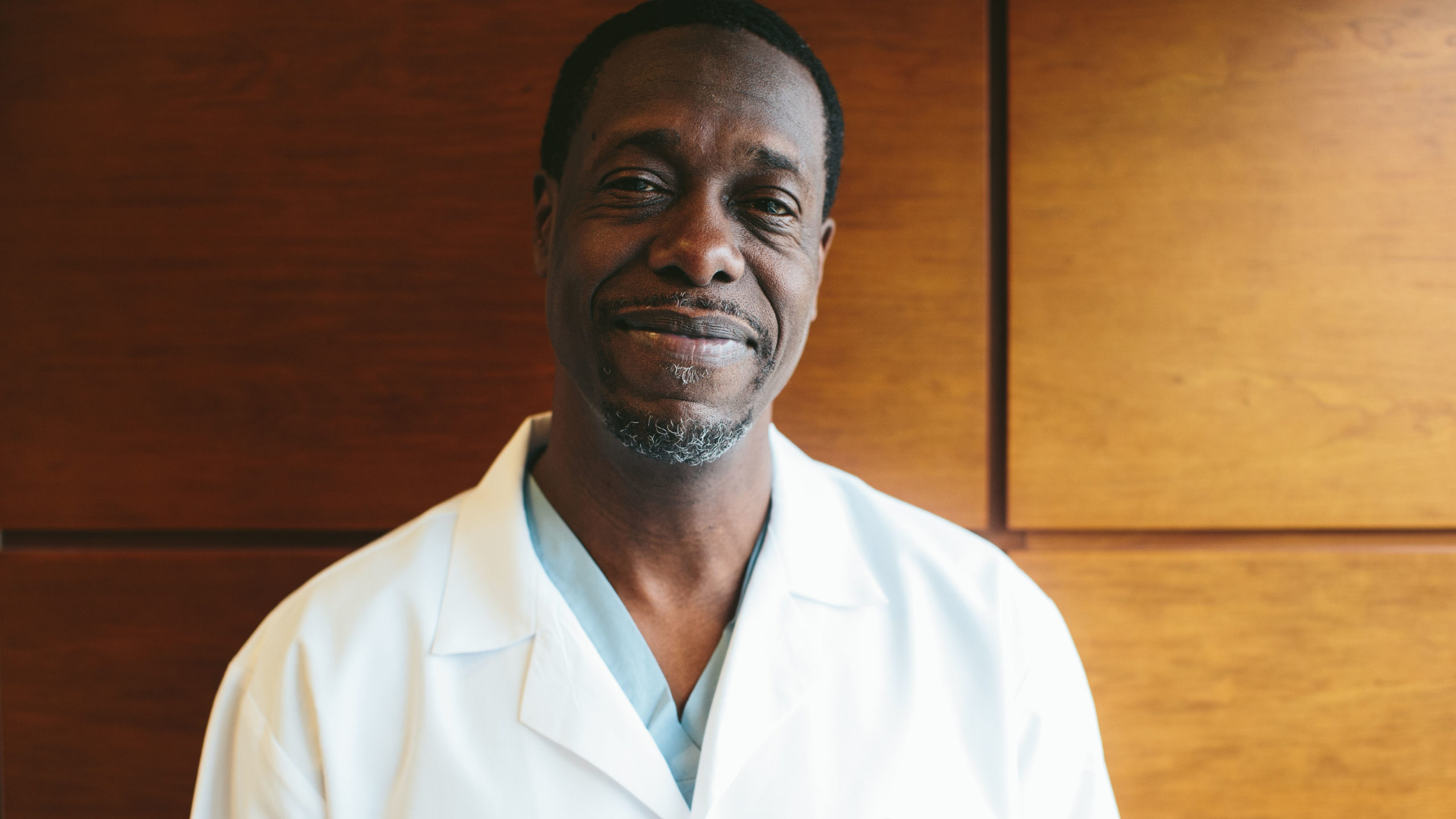How to Fuel a Courageous National Movement
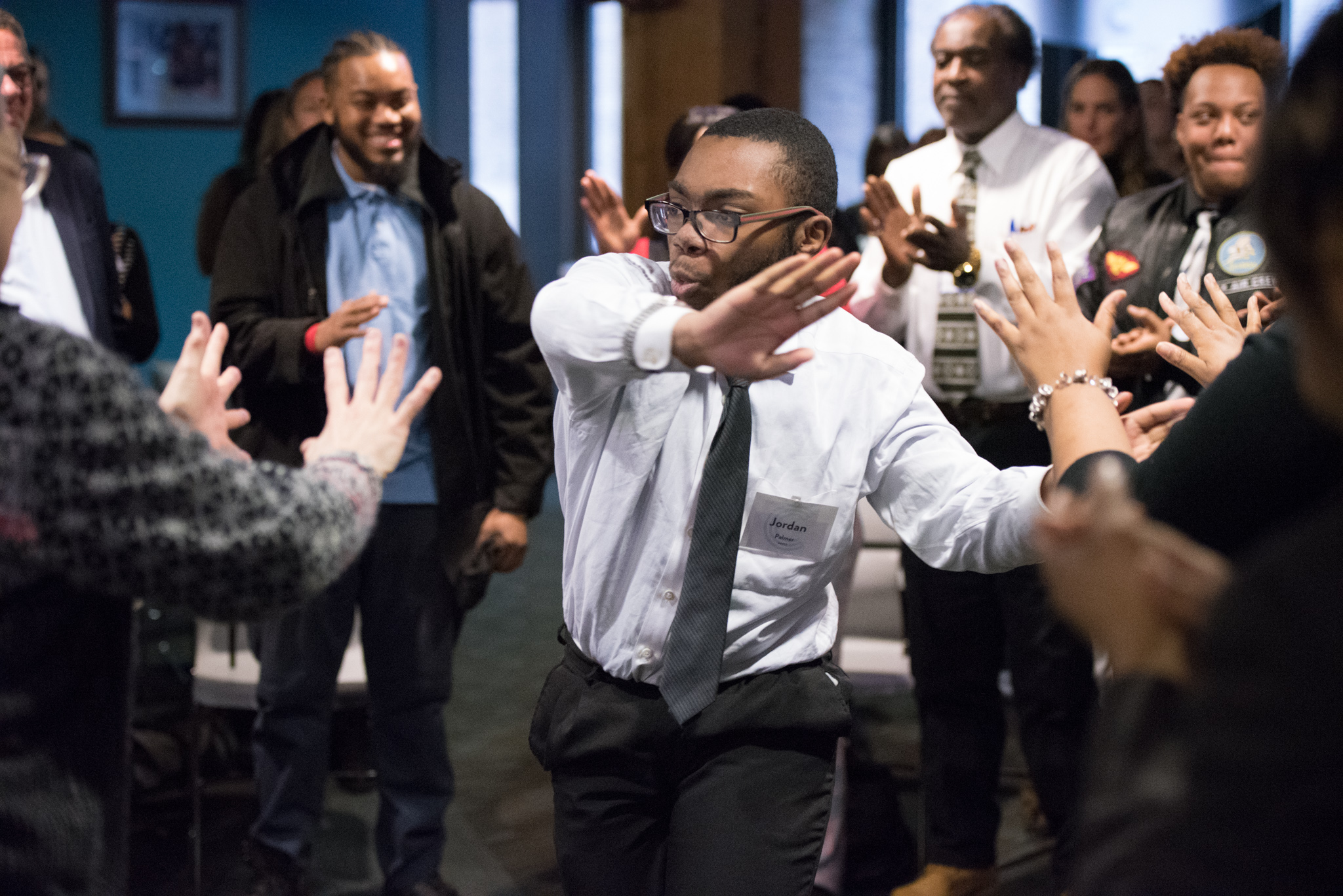
On occasion, and particularly in the time of Miss Rona (that’s what my colleague calls this time of coronavirus), I play a game with my friends called “what’s your number?” On a scale of one to ten, we each shout out or share out our number, where ten represents this day could not get any better, and one represents the pits.
Last week I was at a four.
“Oh, that’s not happening on my watch,” one of my friends replied.
Now don’t get me wrong. She was not trying to invalidate my feelings; she was trying to say we are in this together. That she is going to be there for me to lean on, to laugh with, to breathe with, to help me – over time – boost from a four on up.
She was, in that moment and throughout my life, being quintessential Cara, or the Old Irish word for friend.
Our founder, Tom Owens, came up with that name for this mission because he firmly believed that what separates those experiencing deep poverty from those who do not is the lack of a bench – the lack of connected Caras – to rise up in critical times of need. The support system to believe in you or hold you up when you can’t – or don’t – have the will or the way to do it yourself.
It is from that lens that we, as an organization, began to look at this notion of “relational poverty” (or conversely, the building of relational richness) and its effect on our country. Particularly now in the midst of spatial distancing, you may hear more and more people talk about the debilitating efforts of social isolation. Social isolation is often the outcome of “relational poverty”, the manifestation of what happens when you do not have the benefit of a strong bench of support.
In our work, we often reflect on the poverty of assets devastating our families and our communities, but what if the bigger question centers on the poverty of esteem, the poverty of relationships, or the poverty of community?
This tension between the two, and to some degree causation (relational poverty can beget financial poverty), is why we so specifically call out the need to eradicate relational poverty in our vision.
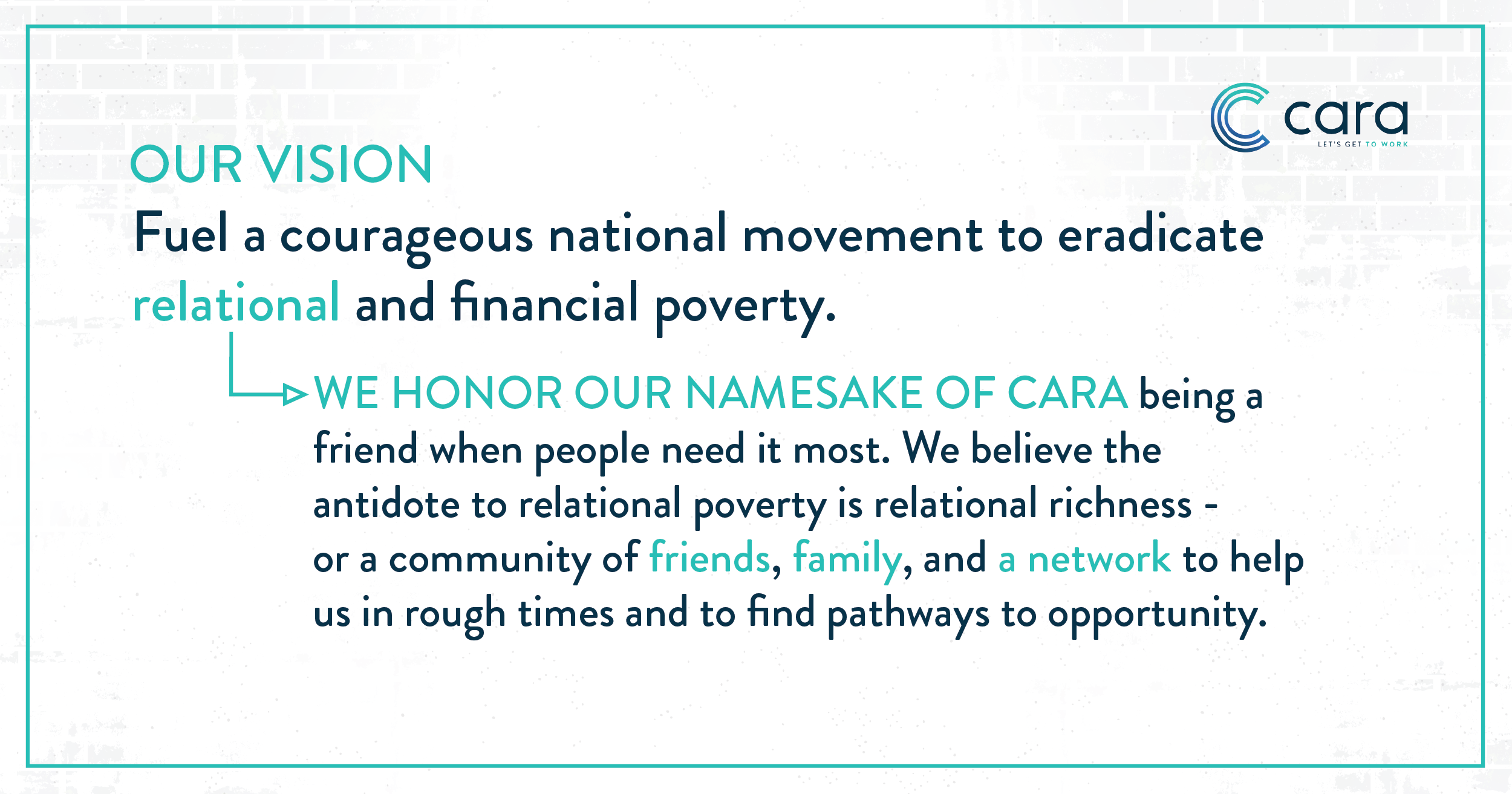
Here’s how we see it:
When people suffer from relational poverty, they have less shelter from the storm when the noise of life steps in – like a lay-off, an illness, a bout with addiction, a chronic wave of domestic violence, or a mistake. And while you can build the requisite skills like workplace competencies or vocational skills to sustainably enter or reenter the workforce, if you don’t concurrently build the depth of relationships (by healing past relationships or proactively building new ones), you risk precious sustainability of that reentry over time.
So when life’s next shoe drops – which it inevitably will – people fall back into the cycle of poverty from which it becomes increasingly difficult to climb back out. Put simply, if we don’t solve for both financial and relational poverty, then we may not solve for either.
That is why Cara is not just about a job, but about the transformation of self. And it’s not just about aspiration or occupation, but about the deepest truth of who you are. If you can see yourself in a new light and allow others to see that too, and if we can help tap into structures and systems that crave your strength in them and will be richer for it, then it isn’t just relational poverty that doesn’t stand a chance, but financial poverty too.
Best part of all? It makes it easier to bounce back from the days when you are at a “4” and reminds you that we are truly in this together.
Maria Kim is the President & CEO of Cara. She holds an MBA from the Booth School of Business and serves on the boards of the EPIC Academy and Rebuilding Exchange. She fancies herself an expert solver of crimes due to her excessive consumption of “Law and Order” reruns.
